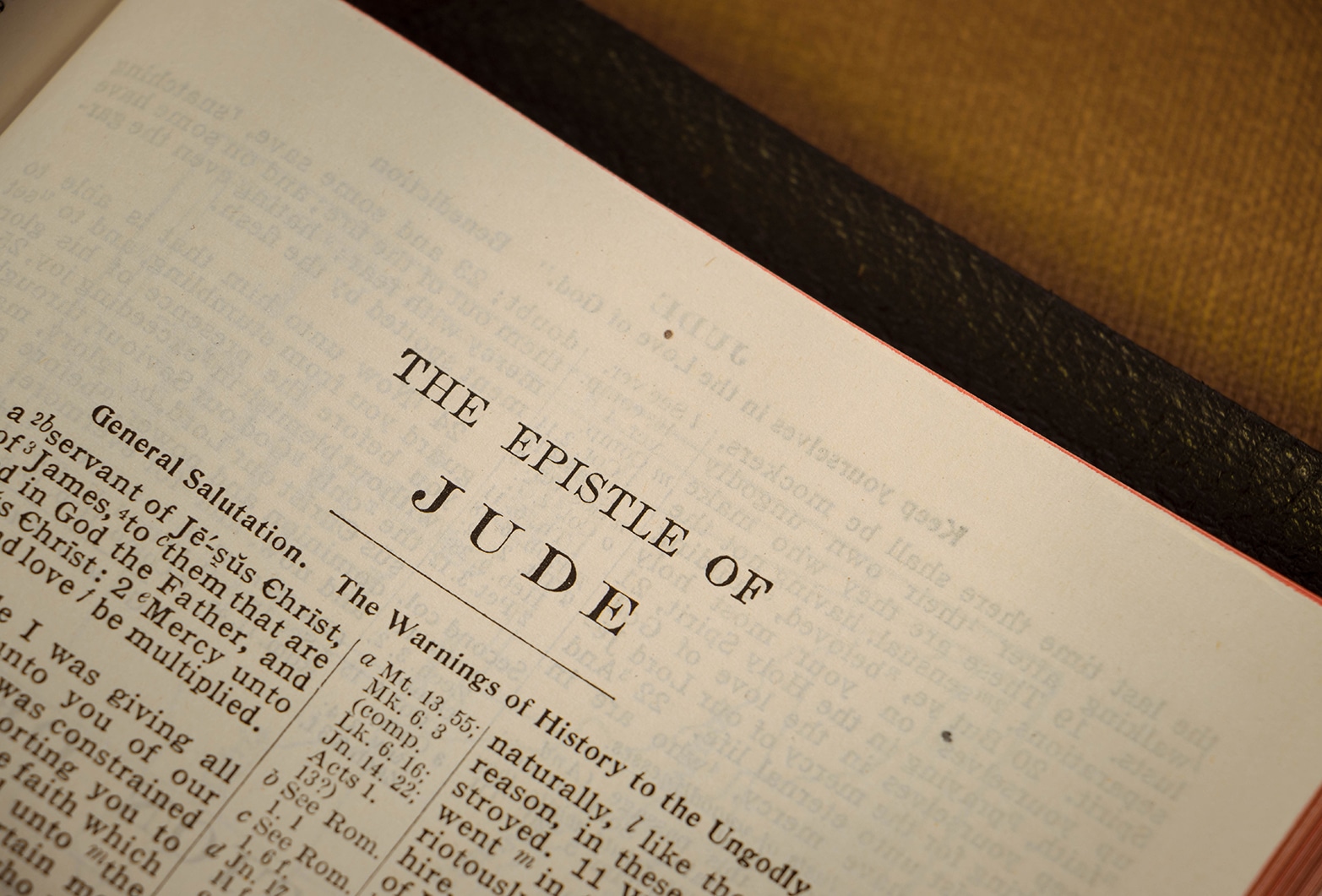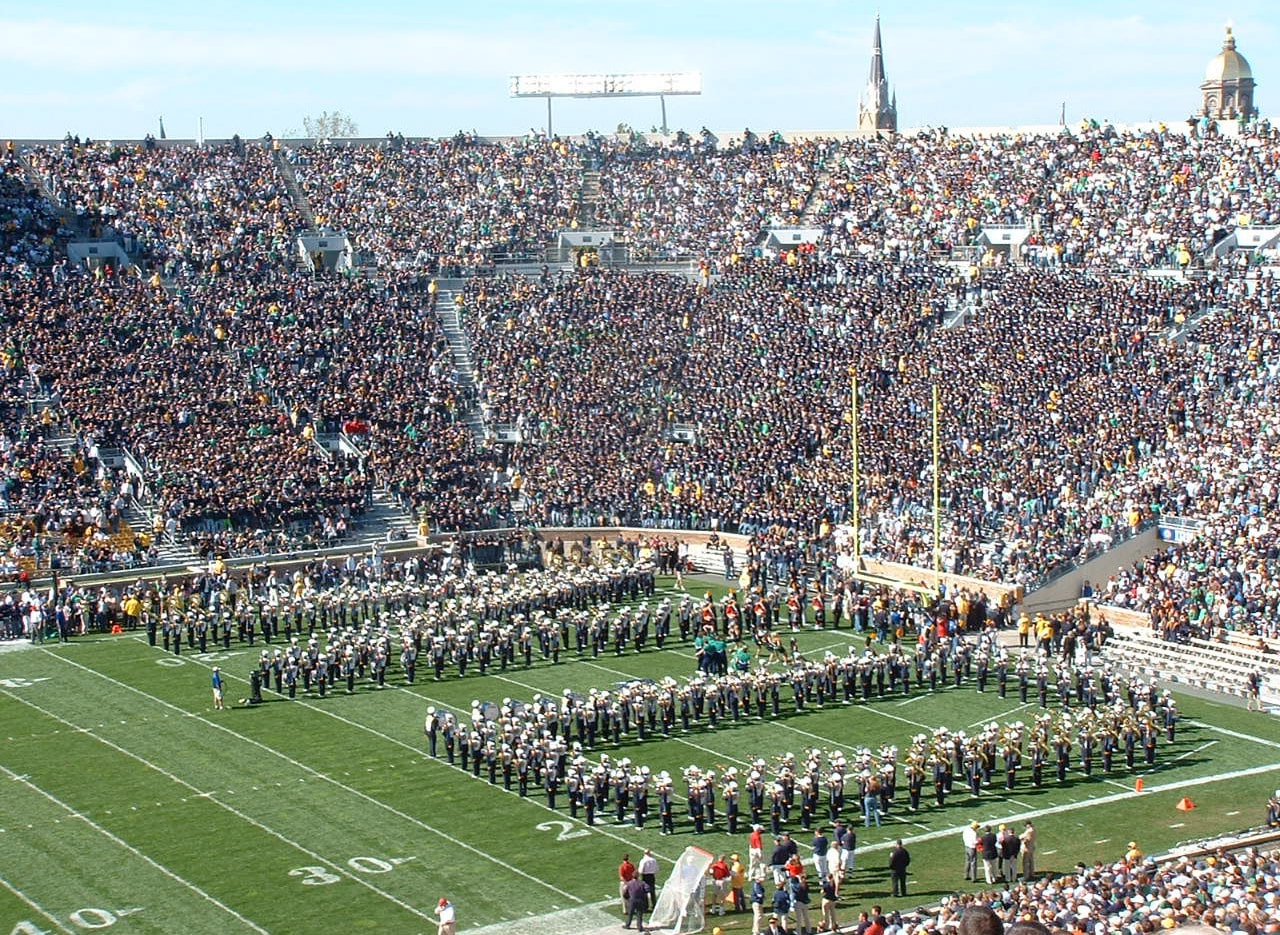Question: Please explain in the Letter of St. Jude his reference to the Book of Enoch. What is the stance of the Catholic Church on the Book of Enoch and its contents?
— Richard Mackin Jr., Millinocket, Maine
Answer: The book of Enoch is an ancient Jewish work, probably written in the third century B.C. It is in the form of an “apocalypse” — a genre that uses symbolic prophecies of the future and pulls back the veil on the hidden world of angels, demons and spiritual realities. It seems to have been a widely known work and its stories circulated among the Jewish people. Some aspects of its teaching are at least hinted at in Scriptures, even though the book is not widely regarded as a divinely inspired writing of the Bible. While Coptic Orthodox Christians do consider the Book of Enoch to be Scripture, the wider Catholic Church does not. There are mentions of Enoch among the Fathers of the Church, though, excepting the Letter of Barnabas, the early writings of the Fathers do not invoke it as Scripture. Some quote from it, however, such as Tertullian.
All that said, a book does not have to be Scripture to be influential. Even today, there are certain spiritual books such as “The Imitation of Christ” that are considered valuable and informative even if they are not biblical. The Book of Enoch was of this sort. Jews knew and referred to its contents and stories; and it was popular, even if it was not imbued with the authority of Scripture. It is a helpful source book to disclose ancient Jewish thought and what influenced it.
The Letter of Jude references the Book Enoch in the following passage: “Enoch, of the seventh generation from Adam, prophesied also about them when he said, ‘Behold, the Lord has come with his countless holy ones to execute judgment on all and to convict everyone for all the godless deeds that they committed and for all the harsh words godless sinners have uttered against him'” (Jude 1:14-15). In this way, Jude invokes the story of the flood and other punishments to warn sinners of his time that sin will not go unpunished.
The Book of Enoch largely disappeared from the European scene until copies of it were found in Ethiopia in the 17th century. Even though not Scripture, it helped provide insights into the understanding and commentary of ancient Jews regarding biblical stories, such as the Nephilim in Genesis 9, the Great Flood, and the names of some of the angels.
As for the identity of Enoch, there are two men in Scripture named Enoch. One is a descendent of Cain (cf. Gn 4:17-18), and the other is from the line of Seth (cf. Gn 5:18-24). Jude is referencing the one descended from Seth. All that said, it is unlikely that Enoch wrote the book and that instead it was written later and referred to him.







